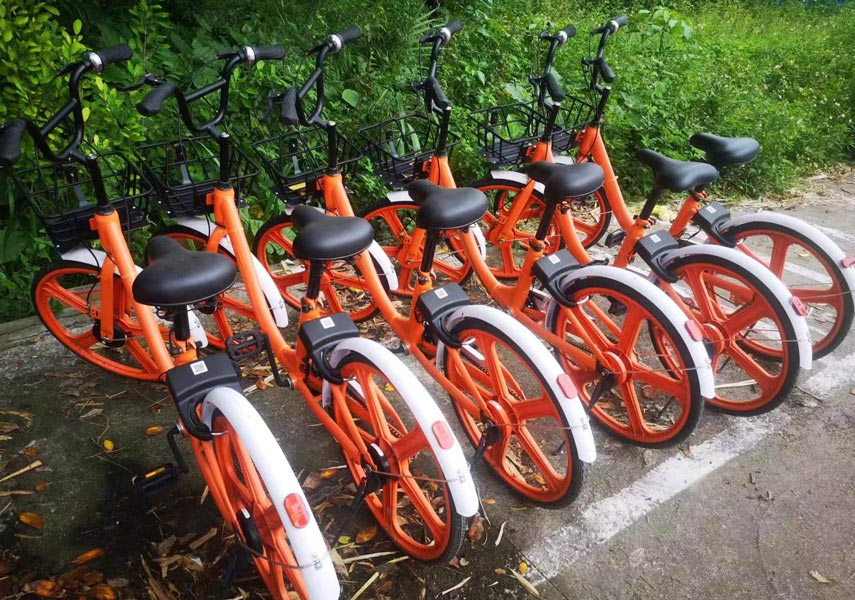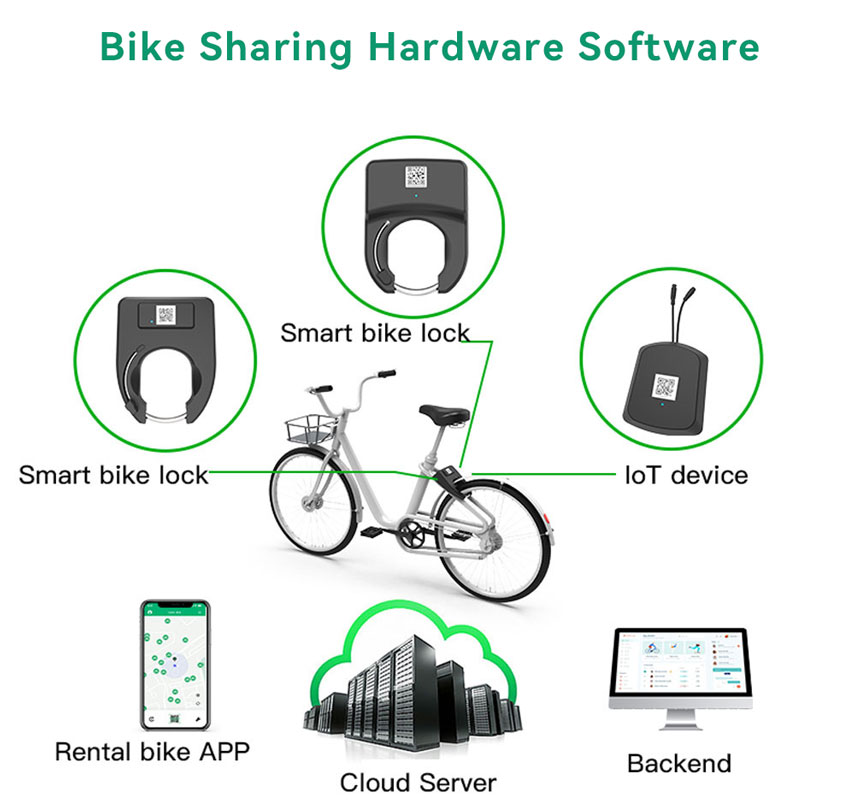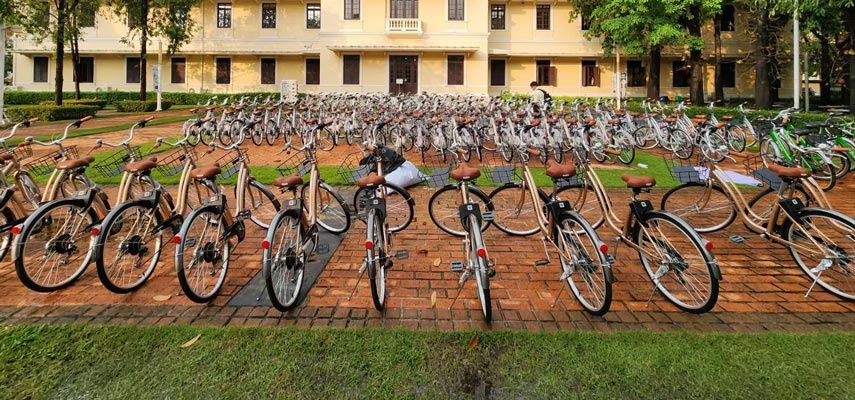Transforming Urban Mobility: OMNI's Dockless Bicycle Initiative
The rapid development of this city can be seen from the most common modes of transportation.In 2024,OMNI customers launched an
organic update plan for public bicycles,undergoing three phases of construction.Initially,they focused on densely populated areas such as
shopping malls,schools,hospitals,and major public transport hubs,building on the existing public bicycle network.The second phase primarily
considered locations around large and medium-sized residential communities,as well as entrances and exits of subway stations.
Guided by citizens'travel needs,as of now,the number of dockless public bicycle stations utilizing OMNI smart bike lock has reached 530,
with a total of 9,700 dockless bicycles in operation,effectively addressing the"last mile"issue in urban public transportation.

What is the"Organic Update"Plan?
OMNI customers explain that the main goal of urban organic updates is to upgrade facilities that no longer meet citizens'needs.The docked
public bicycles have been in operation since 2011 and,after over a decade,both the hardware and software systems have become relatively
outdated.Additionally,they have not kept pace with modern internet usage scenarios,which restricts the bike rental and return processes.Therefore,
OMNI's customers have begun implementing organic updates for public bicycles in several cities,achieving a fully dockless operation model.
As anticipated,the introduction of dockless bicycles has not only effectively increased the capacity of bike stations but has also alleviated the
"tidal effect"challenges associated with bike rentals and returns.Even on weekdays,the rental demand remains robust,and during holidays,popular
stations can experience an average of 3-4 relocations per day.

Voices of the Riders
OMNI's bike-sharing program customers conducted random interviews with several citizens at stations.Most expressed that dockless
vehicles are more convenient,while some hoped for denser station distribution to facilitate riding.
Regardless of the station setup or vehicle design,ride-sharing companies are continuously gathering citizen feedback.Each year,they
optimize station layouts based on suggestions received through customer service and public channels.For instance,many female riders noted
discomfort with the straight handlebars of the initial vehicle design,prompting a change to curved handlebars in subsequent models to
better meet user needs.

Future Planning
OMNI's customers,ride-sharing companies,indicate that further optimization of station layouts is needed.They plan to add new stations
based on big data analysis and citizen feedback to better accommodate short-distance travel needs.




